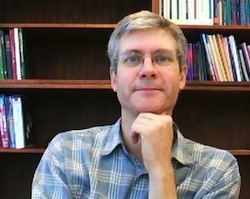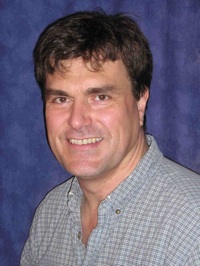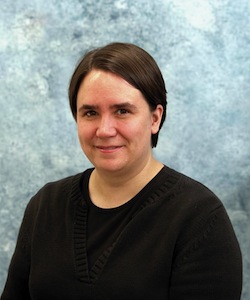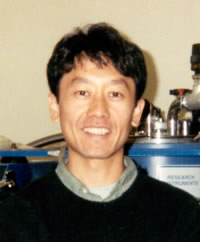PHY42**H1S
Advanced Physics Laboratory
Official description
PHY424H1: Experiments in this course are designed to form a bridge to current experimental research. A wide range of exciting experiments relevant to modern research in physics is available. The laboratory is open from 9am to 5pm Monday to Friday.
PHY426H1: This course is a continuation of PHY424H1, but students have more freedom to progressively focus on specific areas of physics, do extended experiments, projects, or computational modules.
PHY427H1: Experiments in this course are designed to form a bridge to current experimental research. A wide range of experiments are available using contemporary techniques and equipment. In addition to the standard set of experiments, a limited number of research projects may be available. This laboratory is a continuation of PHY327H1.
PHY428H1: This course is a continuation of PHY426H1, but students have more freedom to progressively focus on specific areas of physics, do extended experiments, projects or computational modules.
PHY429H1: This course is a continuation of PHY428H1, but students have more freedom to progressively focus on specific areas of physics, do extended experiments, projects, or computational modules.
- Prerequisite
- See additional information
- Co-requisite
- n.a.
- Recommended preparation
- n.a.
- Textbook
-
['n.a.'] - Breadth requirement
- BR=5
- Distribution requirement
- DR=SCI
Additional information
PHY424H1 prerequisites are PHY250H1, PHY256H1, PHY324H1
PHY426H1 prerequisite is PHY424H1
PHY428H1 prerequisite is PHY426H1
PHY429H1 prerequisite is PHY428H1
PHY427H1 additional information: Students have more freedom to progressively focus on specific areas of physics, do extended experiments, projects, or computational modules.
Some of the experiments available complement courses in condensed matter, molecular, atomic, nuclear and particle physics. Others require completely individual study to understand the physics of the experiment.
Scanning tunneling microscope; a number of studies of x-ray diffraction and x-ray fluorescence; the infrared spectra of HC1, optical pumping, ionization studies for the mass spectrometer, Raman effect, electron spin resonance, nuclear magnetic resonance, electron microscope, Brillouin spectroscopy, the helium-neon laser, fiber optics, conventional and high Tc superconductivity, magnetoresistance, the Hall effect of semiconductors, the Mossbauer effect, and other atomic, molecular and solid state experiments. Nuclear and particle physics experiments include the study of radio-activity, neutron diffusion in a water bath, high resolution gamma ray spectroscopy with germanium detectors, and muon life time measurements.
- course title
- PHY42**H1S
- session
- winter
- year of study
- 4th year
- time and location
-
72P: LEC0101: T9-12, F9-12 Students/TAs: Room information available on ACORN (https://www.acorn.utoronto.ca/) Instructors: Room information available in the LSM Portal (https://lsm.utoronto.ca/lsm_portal)
- Course URL
- http://www.physics.utoro…
- coordinator
- instructors
-






